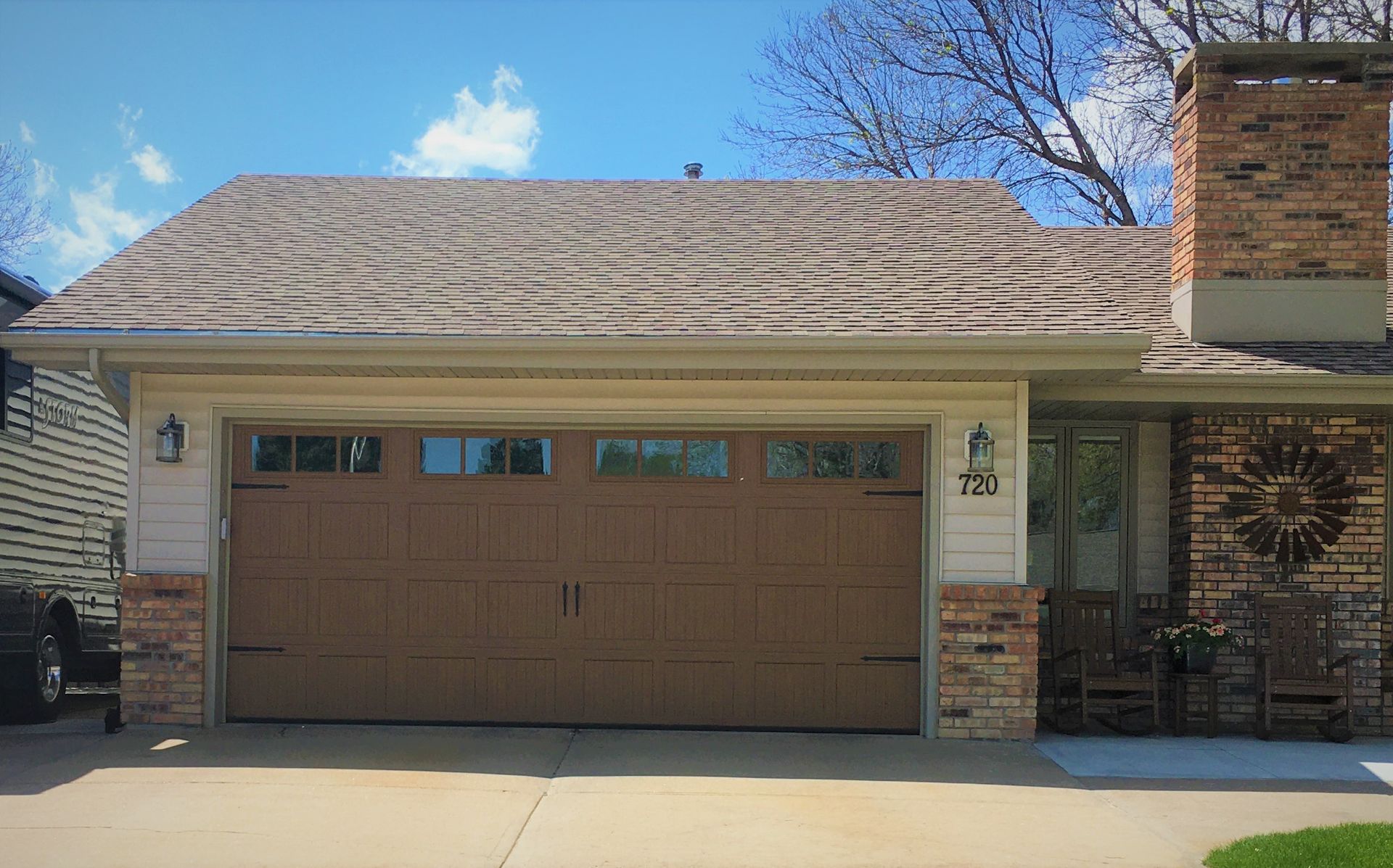While adding another layer of shingles might appear as an easy solution, is it really the best option for your roof? We’ll explore the advantages, disadvantages, building code concerns, and other alternatives.
Short-Term Savings and Long-Term Drawbacks
Advantages: Adding a second layer of shingles can save on labor costs and time by bypassing the tear-off process. It's a commonly chosen option for those seeking budget-friendly roofing solutions.
Drawbacks: While cost-effective upfront, layering shingles can lead to several problems over time, including:
- Extra weight on your roof structure, potentially leading to sagging or damage.
- Difficulty identifying and fixing underlying problems, like leaks or rotting wood.
- Reduced lifespan of the new shingles due to heat retention and uneven application.
Building Code Considerations
Building codes typically limit the number of roofing layers to two. Exceeding this limit could result in legal violations, insurance complications, and safety risks. Always verify local codes and seek expert advice.
Why Weathercraft Advises Against Multiple Layers
Despite the initial appeal, Weathercraft advises against adding another layer of shingles. Here are the reasons why:
- Comprehensive Repairs: A tear-off reveals hidden damage, allowing us to address structural issues effectively.
- Better Performance: Starting with a clean slate ensures the new shingles adhere properly and last longer.
- Improved Look: Single-layer installations lay flatter and look more polished.
Alternatives for Budget-Conscious Homeowners
For those on a budget, here are several alternatives to adding another layer of shingles:
- Targeted Repairs Instead of Full Replacement: Instead of redoing your entire roof, focus on repairing individual problem areas.
- Consider Energy-Efficient Roofing: Choose shingles with better insulation to save on energy bills in the long run.
- Financing Plans: If budget is a concern, Weathercraft offers flexible financing options to help manage roof replacement expenses.
